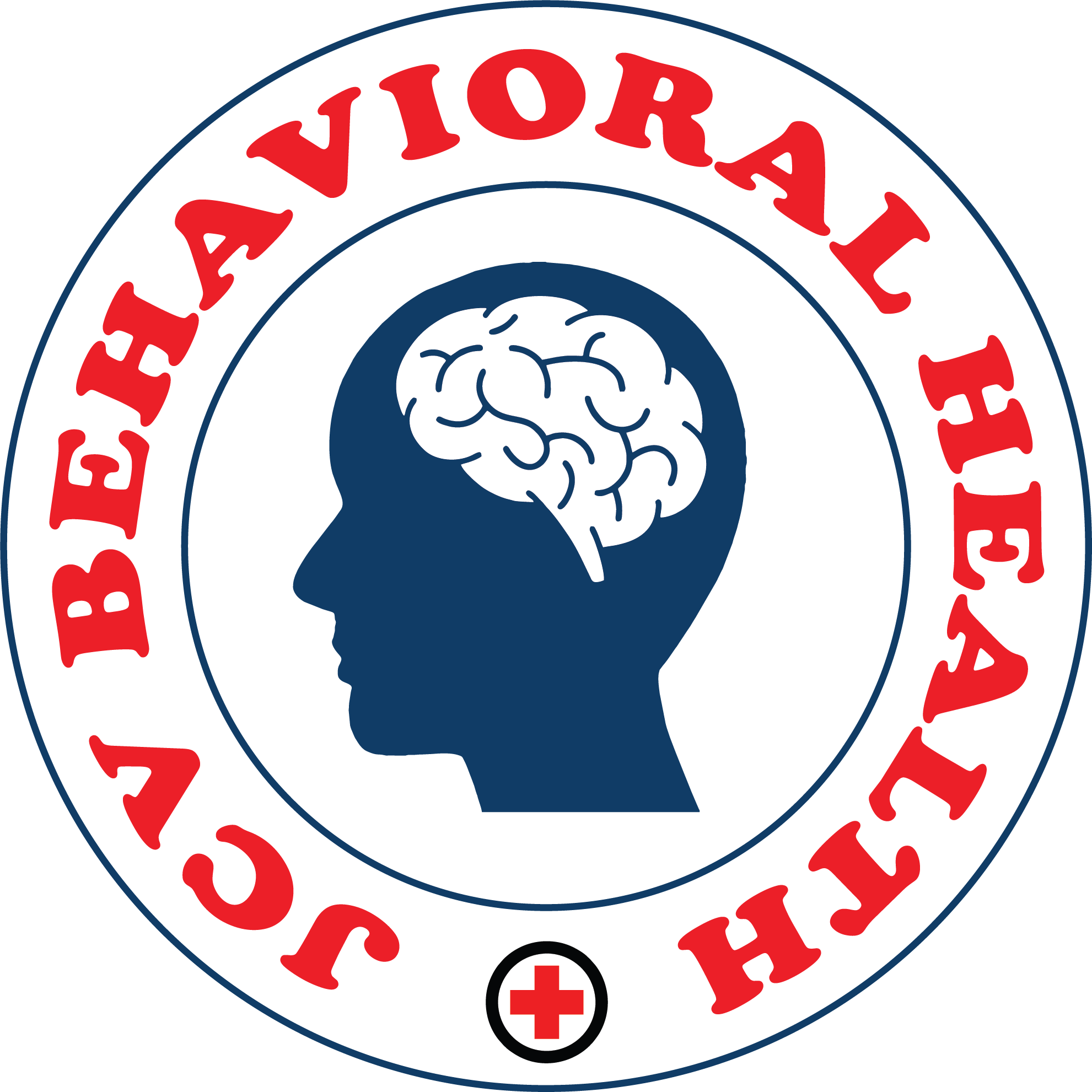When you hear about ADHD, you might wonder, is ADHD an intellectual disability?
ADHD and intellectual disabilities pose similar difficulties—focusing, learning, and managing everyday chores can be challenging.
But these conditions are distinct.
Seeing the differences is crucial for the correct diagnosis and treatment.
In this post, we’ll look at how ADHD and intellectual disabilities are unique. We aim to clear up any confusion and help you understand each condition’s impact.
If you’re dealing with ADHD yourself or trying to understand it for someone else, this blog can help.
What is ADHD?
It’s a neurodevelopmental disorder. It comes with problems paying attention, being hyperactive, and acting on impulse.
ADHD affects children and adults. It can disrupt day-to-day activities and performance in school or work.
Symptoms of ADHD
The common signs of ADHD are:
- Being unable to concentrate for long periods.
- Impulsiveness.
- Excessive activity or restlessness.
However, this doesn’t mean the person has poor intellect or thinking abilities, which is what separates it from intellectual disabilities.
What is an Intellectual Disability?
It’s defined as significant challenges in intellectual performance and adapting behaviors, such as social skills and practical tasks.
These challenges typically present themselves before the person turns 18 years old.
Signs of Intellectual Disability
- Delays in cognitive and social skills development.
- Struggling to work through problems or reasoning.
- Difficulties with communication and self-care.
The signs of intellectual disability in adults may include:
- Challenges in managing personal finances.
- Maintaining relationships.
- Living independently.
Is ADHD an Intellectual Disability?
No, ADHD does not equate to an intellectual disability.
Both ADHD (Attention Deficit Hyperactivity Disorder) and intellectual disabilities carry unique identities.
They may intersect at times or have common hurdles.
How Do ADHD and Intellectual Disabilities Differ?
The question, “Is ADHD an intellectual disability?” can be answered by examining its core distinctions:
| Aspect | ADHD | Intellectual Disability |
| Cognitive Function | Normal or above-average intelligence, yet difficulties with concentration and sorting things out. | Below-average cognitive abilities and intellectual functioning. |
| Onset of Symptoms | It can happen anytime, but it’s usually spotted when you’re a child. | Commonly diagnosed early, often before you’re 18. |
| Daily Functioning Impact | Affects attention, impulsivity, and activity regulation. | Affects reasoning, learning, and adaptive skills. |
Can They Coexist?
While ADHD is not an intellectual disability, it can occur alongside one.
In cases like these, people could face compounded challenges that require specialized support.
Grasping the specific pattern of ADHD permits people to get correct diagnoses and support, empowering their growth.
Addressing Misconceptions
To set the record straight, ADHD isn’t a measure of intellect.
People with ADHD frequently show creativity, analytical proficiency, and sturdiness.
Yet, when linked with learning disabilities, ADHD might mimic some low intelligence symptoms, leading to improper diagnoses or misunderstanding.
Treatments for Intellectual Disabilities and ADHD
Intellectual Disability Treatments
While there is no complete cure for intellectual disability, supporting individuals with therapies can help them live rewarding lives.
- Behavioral Therapy: This encourages life skills and independence.
- Educational Support: This includes programs designed for cognitive development.
- Medication: It aids in managing related conditions like feeling anxious.
ADHD Treatments
ADHD is tackled with a mix of:
- Medication: Stimulants like methylphenidate that boost focus.
- Behavioral Interventions: These are methods to improve organization and lessen impulsiveness.
- Therapy: Cognitive-behavioral therapy aids in enhancing self-regulation.
Recognizing Signs in Adults
For adults understanding both ADHD symptoms and signs of intellectual disability in adults is crucial for the correct diagnosis.
- Difficulty managing complex tasks.
- Social struggles or failure to adapt to new situations.
- Relying on others for daily decision-making.
Spotting these signs early can lead to effective solutions.
Final Thoughts
Is ADHD an intellectual disability? ADHD isn’t the same as intellectual disabilities—it’s crucial to know the difference between correct diagnosis and good support.
Both conditions are unique and have their own set of challenges.
Intellectual disabilities tend to cause broader thinking issues, while trouble focusing and controlling behavior marks ADHD.
It’s critical to get help from professionals if you or someone you know deals with these issues.
JCV Behavioral Health can assist—we offer care customized to managing ADHD and intellectual disabilities.
Reach out to us and start your path to improved mental health.
FAQs
What disability does ADHD fall under?
ADHD is known as a neurodevelopmental disorder, not an intellectual one. It mostly messes with attention, focus, and control over impulses.
Yet, people with ADHD are usually of average or even higher intelligence.
What are considered intellectual disabilities?
These disabilities show heavy restrictions in mental functioning and adaptive behaviors.
Things like learning, solving problems, talking, and taking care of oneself.
Conditions such as Down syndrome, autism spectrum disorder, and some genetic disorders belong to this group.
Why is life harder with ADHD?
Life tends to be more challenging with ADHD as concentration, organization, and impulse control are harder to manage.
This messes with school, work, and relationships, causing stress and frustration.
What are some sad facts about ADHD?
Indeed, there is a few.
People with ADHD often deal with mental health problems like anxiety and depression.
They might have a hard time with relationships and struggle in school or work environments.
Feelings of being alone and frustrated are common since ADHD is frequently misunderstood.







